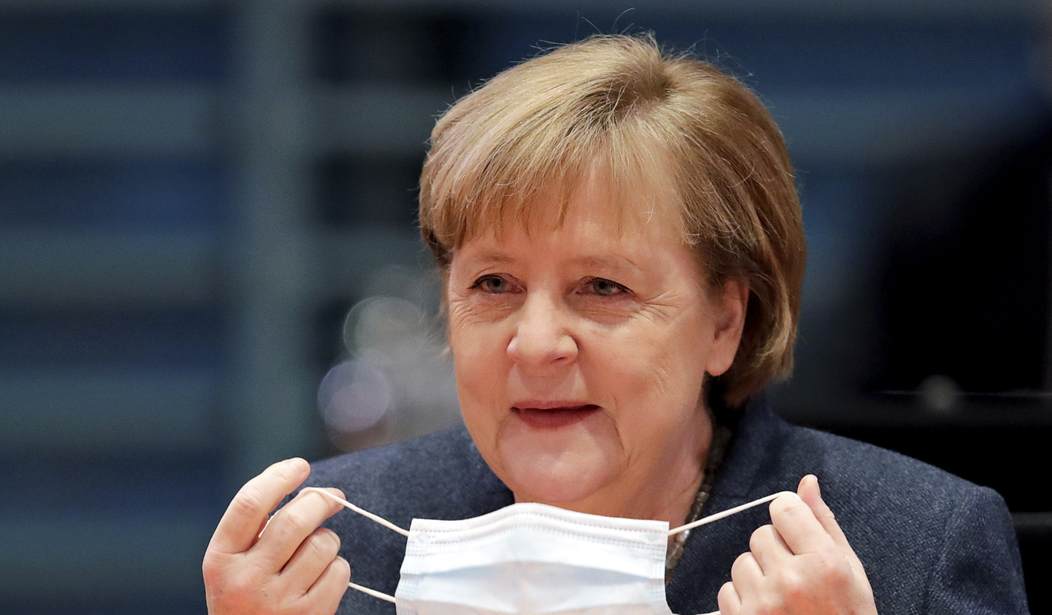For the past 16 years, German Chancellor Angela Merkel has dominated politics as few have who came before her. Her party, the center-right Christian Democrats, has managed to stay in power through some clever negotiating with smaller parties and the center-left SPD, which has allowed the CDU to maintain its position.
For the last eight years, the right and left in Germany have shared an uneasy alliance. But that may change. The election later this month may bring to power a new party and new faces that could potentially change the direction of Germany.
Regardless of who wins, Germany will continue to maintain its dominant position in the EU. The size of Germany’s economy will guarantee that. But with the prospect of a left-wing government taking the reins in Berlin, other EU nations are looking anxiously at the future and the great unknown of a Germany without Angela Merkel.
Here are the leading contenders in this wide-open race.
Armin Laschet, CDU-CSU
Angela Merkel’s would-be successor is in trouble. At one time, he was riding high in the polls, but several unforced errors — including being caught on camera laughing during a tour of a town devastated by a flood — have resulted in a historic collapse in the CDU’s numbers.
He only narrowly secured the nomination to be the candidate for chancellor, defeating his Bavarian rival, Markus Söder, after the party leadership rallied behind him.
Support for the CDU and its Bavarian sister party, the CSU, was already waning because of the pandemic. Mr Laschet himself was accused of inconsistencies and poor management of Covid-19 in NRW.
And then in July, Mr Laschet was caught on camera laughing as the president of Germany made a speech in a town which had been largely destroyed by catastrophic flooding. His reputation was badly damaged and has not recovered.
Laschet has dropped the “center” from “center-right” and is campaigning as a conservative, hoping the prospect of a far-left candidate will scare voters into returning to the CDU. But polls show the strategy isn’t working and the CDU appears to be running out of time.
Olaf Scholz, center-left Social Democrats (SPD)
Scholz has benefitted from the fact that he isn’t Mr. Laschet. In truth, Scholz has plenty of experience and, as finance minister, demonstrated competence in distributing Germany’s trillion-dollar stimulus.
Moreso than Laschet, Scholz is seen as the natural successor to Merkel. He is seen as a steady hand that could guide Germany through the next few years.
He received the unflattering nickname of “Scholz-o-mat” for his unflashy appearance, but his fortunes got a boost when he announced the pandemic relief funding measure. “This is the bazooka that’s needed to get the job done,” he said. His supporters now refer to him as “bazooka man.”
Annalena Baerbock, Greens
Baerbock is the first-ever Green Party candidate for chancellor. She’s young — only 40 — and is decidedly less of a radical frothing-at-the-mouth environmentalist than many in her party.
At one time Baerbock had the support of 25 percent of the voters. But a couple of stumbles, including charges of plagiarism, doomed her candidacy.
The right-wing AfP party has fallen on hard times in recent years. The angst over immigrants has eased and the party just didn’t have much else the German people wanted. They are not expected to receive much support on election day.










